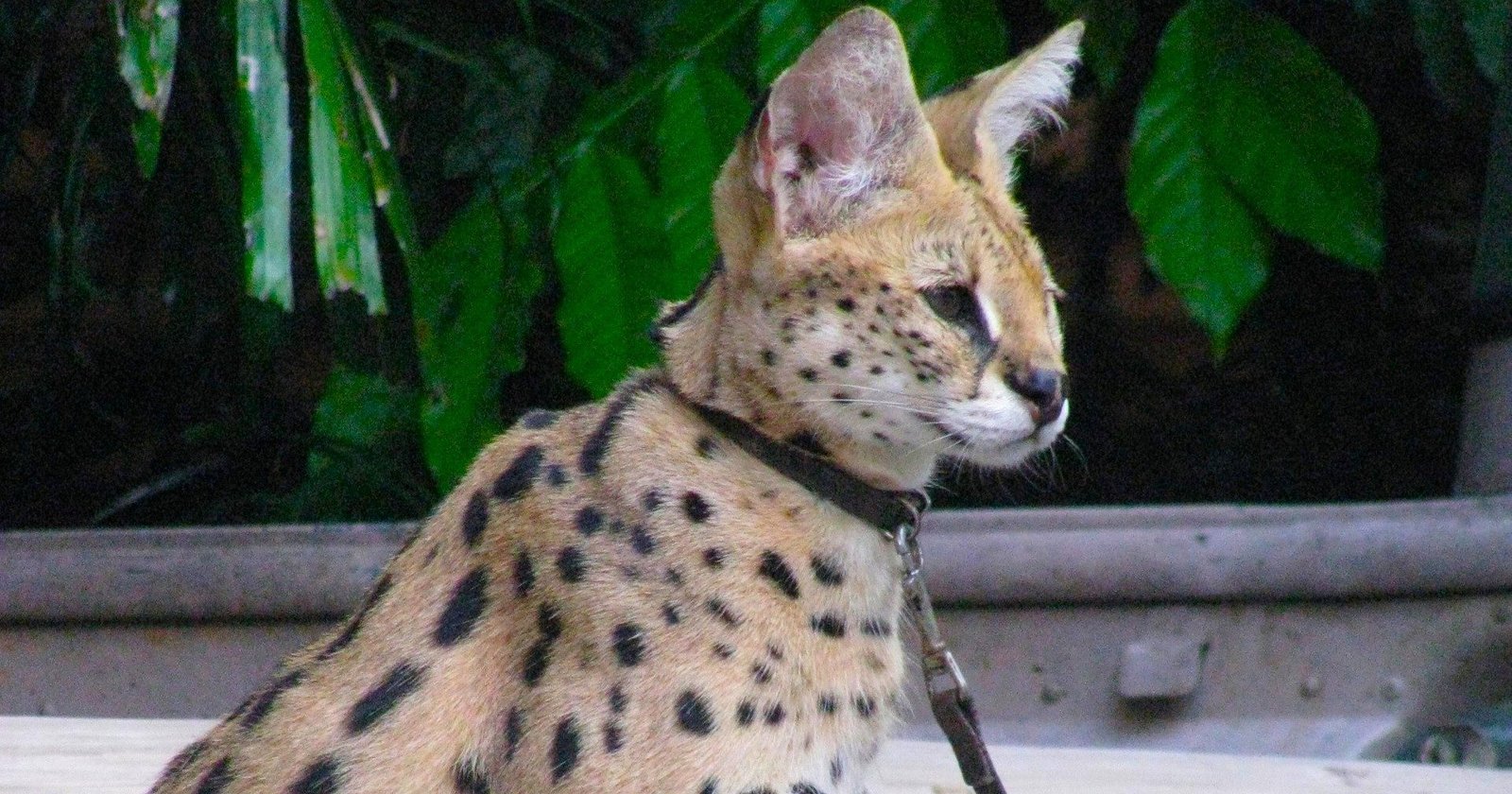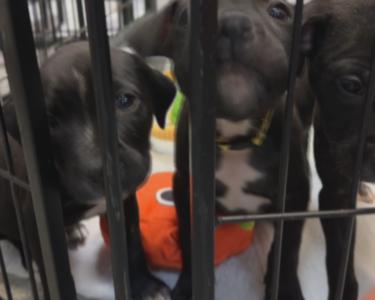King cobras, crocodiles and cougars – we reveal the wild animals being kept next door.

Serval (c) Born Free
New data, published by Born Free, exposes the shocking number of dangerous wild animals being kept legally as ‘pets’ in the UK. Today, we call for urgent action to tighten legislation to minimise risk to the public and safeguard the welfare of wild animals.
Our research, which was carried out in 2023, reveals more than 2,700 dangerous wild animals being kept privately in Great Britain under licences permitted by the Dangerous Wild Animals Act 1976. This number includes more than 200 wild cats, 250 primates and 400 venomous snakes (ten times more venomous snakes than are kept in zoos).
Among the disturbing array of wild animals kept legally in people’s homes are bush vipers in Bedfordshire, cheetahs in Cheshire, caiman in Kent and lynx in Lincolnshire. The full regional data, collected from local authorities, is available to view on Born Free’s ‘Dangerous Wild Animals Map’.
The staggering fact that there are nearly three thousand wild creatures classified as ‘dangerous’ under UK law, being kept as ‘pets’ across Britain, is of great concern to Born Free. The keeping of such animals threatens the safety of people and other animals, and results in considerable animal suffering. Unlike domesticated animals, which have been bred over generations to live alongside humans, these wild animals have complex physical, psychological, nutritional, social, and environmental needs which cannot be met by a life in captivity. As a result, these, often threatened, creatures can suffer poor health and psychological damage. Increased demand for exotic ‘pets’ also puts pressure on wild populations of many already threatened species.

Cobra (c) Musthaq Nazeer, Pixabay
Keeping wild animals in domestic settings also presents a very real risk to public safety. These animals retain many of their natural, wild behaviours, and being kept in stressful, unnatural, confined environments, can potentially make them potentially more dangerous. There are also major concerns about the potential possible transmission of zoonotic diseases from animals to humans associated with the keeping of captive wild animals.
Dr Mark Jones, Born Free’s Head of Policy said, “It is unbelievable that, in this day and age, so many dangerous animals, including big cats, large primates, crocodiles and venomous snakes, continue to be legally kept in people’s homes in the UK. Increasing demand for and trade in all kinds of wild animals as exotic pets puts owners and the wider public at risk of injury or disease. It also results in serious animal suffering, and the demand increases the pressure on many wild populations which are often already under threat.”
Disturbingly, our research also discovered that some councils are unaware of the exact species of animal being kept, despite a requirement to identify this within the legislation, which raises further serious animal welfare, and health and safety, concerns.
Born Free has been campaigning to protect the welfare of exotic wild animals kept as ‘pets’ since 2005 and has regularly monitored the scale of dangerous wild animal ownership since 2017. The research released today shows that it remains a huge issue that urgently needs addressing.
Mark Jones continued, “The UK likes to claim to be at the forefront of efforts to protect nature and improve the welfare of animals, yet our legislation governing the keeping of and trade in exotic pets is woefully outdated. The Dangerous Wild Animals Act should be overhauled as a matter of urgency, in order to phase out the private keeping of those species that clearly don’t belong in people’s homes.”
DANGEROUS WILD ANIMALS: FIND OUT MORE
TAKE ACTION
As a result of our findings, we are calling on the UK government to review the Dangerous Wild Animals Act, and introduce improved regulation that will ensure far greater restrictions on the trade in and keeping of wild animals as ‘pets’ in the UK.
Show your support by writing to your MP, using the form below.




